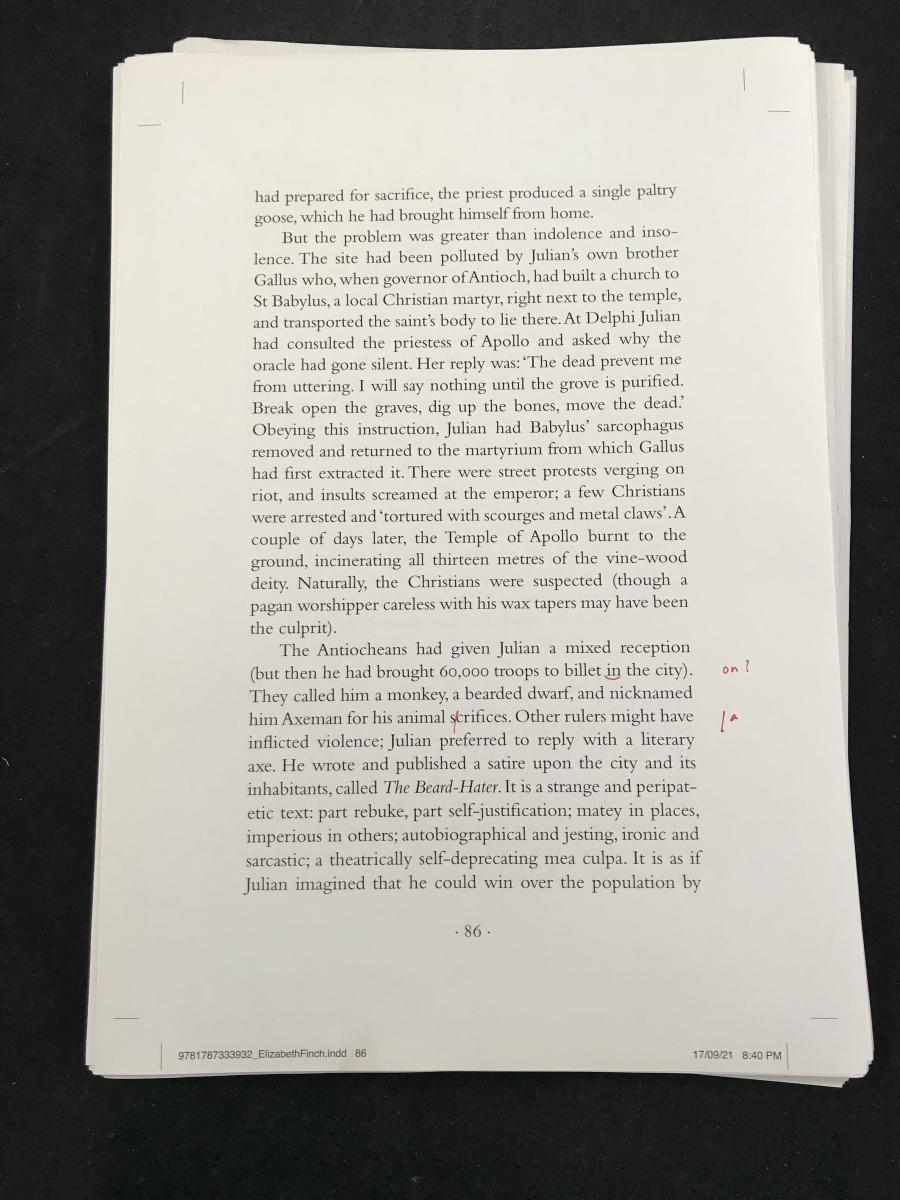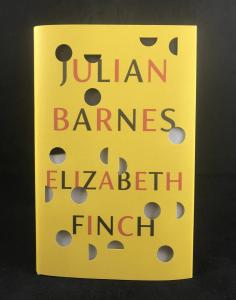

In Elizabeth Finch, the narrator’s understanding of himself and his life is bound up with his attempts to understand a person who has had a profound effect on him. In Barnes’ Booker Prize-winning novel, The Sense of an Ending (2012), his narrator is forced to question the way he has understood his life and his relationships to others. But who is this person who has such an impact on his life? How should he understand her? Can he find a way of expressing what she means to him? Problems of understanding Neil, twice divorced and a drifter through life, describes her effect on him as “explosive”. Her aim, she tells them, is not to impart information or teach according to a syllabus, but to encourage them to find “a centre of seriousness in yourselves”.

Elizabeth Finch “celebrates the cast of mind” – subtle, sceptical and ironic – that “Barnes most prizes”.Neil, the narrator of Julian Barnes’ latest novel, has the problem of interpretation posed for him by Elizabeth Finch, his teacher in a philosophy course on civilisation and culture for adult students. As a teacher, Finch “blazes with vividness”, and Neil’s essay is a “bravura exercise in nimbly handled erudition”. I disagree, said Peter Kemp in The Sunday Times. It all adds up to a “work stubbornly determined to deny us its pleasures”. The novel is further let down by its baffling middle section, which consists of Neil’s “stolid student essay” on the fourth century Roman emperor Julian the Apostate, whom Finch regarded as a kindred spirit, said Sam Byers in The Guardian. It’s the only thing that matters,” a classmate of Neil recalls. Despite Neil’s insistence on Finch’s originality, “what she actually says tends to fall flat”. “Part of the challenge of rendering a brilliantly inspirational teacher is making them sufficiently brilliant and inspirational,” said Sameer Rahim in The Daily Telegraph.


Very much a “thinky” novel, Elizabeth Finch may be “rather less fun” than most of Barnes’s books, but it “offers plenty to chew on”. Neil recalls their sort-of friendship – they occasionally met for lunch – and describes his quest, in the present day, to find out more about Finch in the wake of her death. A Previous Life: a fairly preposterous new novelįinch, who is “probably inspired” by Barnes’s friend, the late novelist Anita Brookner, is remembered as an inspirational teacher, someone “who obliged us – simply by example – to seek and find within ourselves a centre of seriousness”.Novel of the week: The Candy House by Jennifer Egan.


 0 kommentar(er)
0 kommentar(er)
